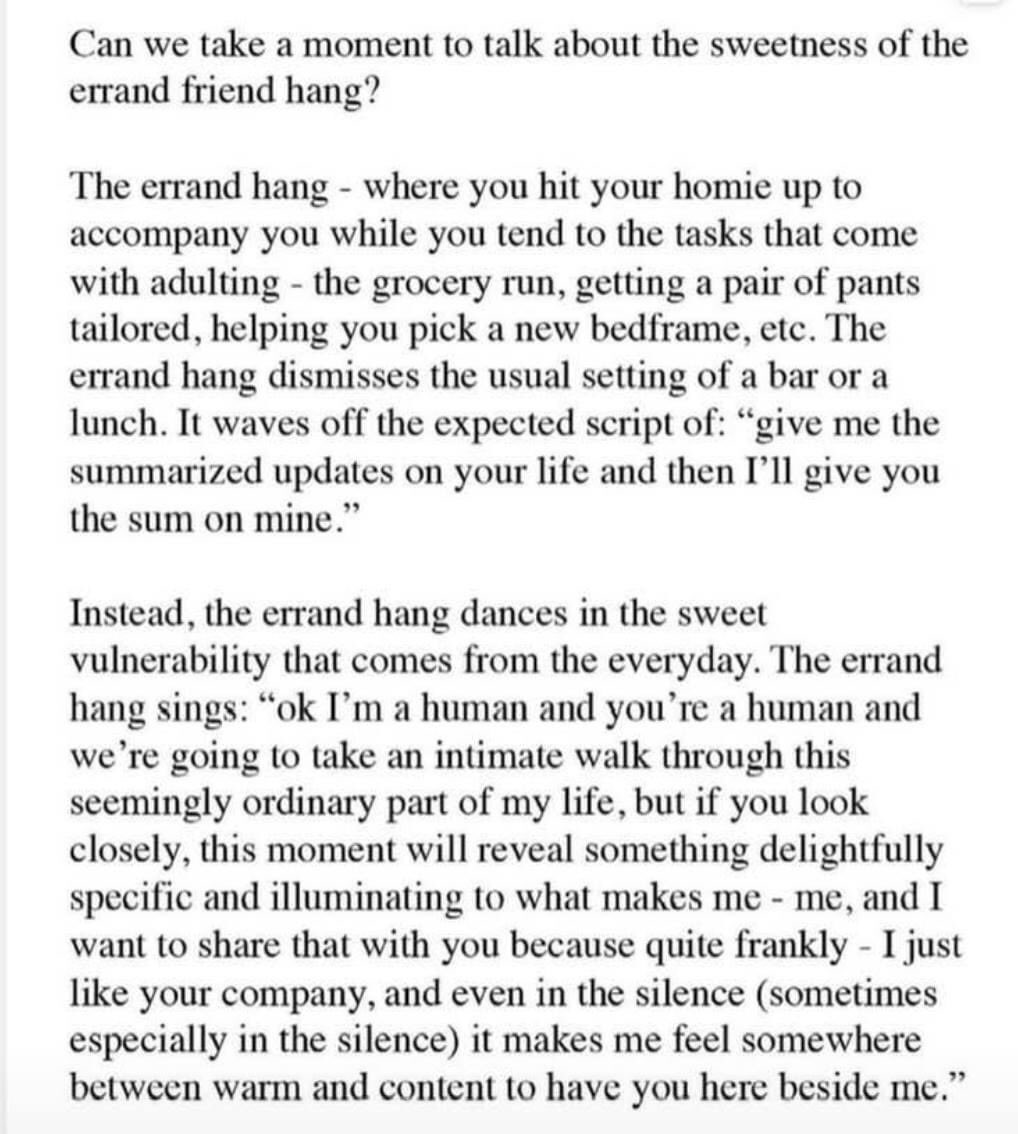I grew up in a missionary community, glorification of suffering was a real big theme. Many of my missionary friends chose very hard lives for themselves (& their families) for religious purposes.
Suffering, of course, is very human, but glorifying it is toxic to humanity.
Suffering, of course, is very human, but glorifying it is toxic to humanity.
Life is up and down, sometimes we are suffering, other times we experience joy and happiness and pleasure. Elevating suffering makes it impossible to experience this range.
https://twitter.com/cindy_w_brandt/status/1292987571509682176?s=20
The glorification of suffering is a narrative--in the evangelical brand it's in order to glorify God. It's to experience the redemption and rescue of God. It's to be a witness.
The result is every time humans suffer (often and constant) it gets turned into a "testimony"
The result is every time humans suffer (often and constant) it gets turned into a "testimony"
Instead of living life, you're living a narrative. I still struggle with this, when something bad happens to me, I look for silver linings, for the redemption trope, for how things wraps up with a neat bow, for how I can sell my story of pain.
This leads to false positivity and a perverted desire to actually chase suffering, which is sick.
Of course, looking for meaning, desiring redemption, and telling the story of our lives is very human and not always bad. The problem arises when we want to center suffering as the hero of the story.
Sometimes suffering is senseless, there is no meaning. In this very moment in our world, people are dying alone with a ventilator. I think we can be brave enough to confront the hard truth of senseless suffering.
Lastly, once you suffer for something, you will do everything it takes to justify what you suffered for. For my missionary friends who may question their faith system, it's v hard to dare to go there when you've given up everything for this faith.
It takes away our ability to question and negotiate the original cause. When that faith system is harming people, you will justify the system instead of seeing the suffering of its victims.
Ironic, that glorification of suffering strips empathy.
Ironic, that glorification of suffering strips empathy.
How then, do we view and embrace suffering, which feels like a question above my pay grade.
For me, as someone deconstructing from evangelicalism, my work is to:
- experience pain fully as it feels without justifying it, tidying it up, looking for a purpose
For me, as someone deconstructing from evangelicalism, my work is to:
- experience pain fully as it feels without justifying it, tidying it up, looking for a purpose
- should the pain in my life result in goodness and redemption and light, I will not give credit to suffering for it, I will celebrate my own resilience and the support I've been given via community.
- I will cultivate the audacity for pleasure and experience the fullness of it.
- I will cultivate the audacity for pleasure and experience the fullness of it.
• • •
Missing some Tweet in this thread? You can try to
force a refresh





